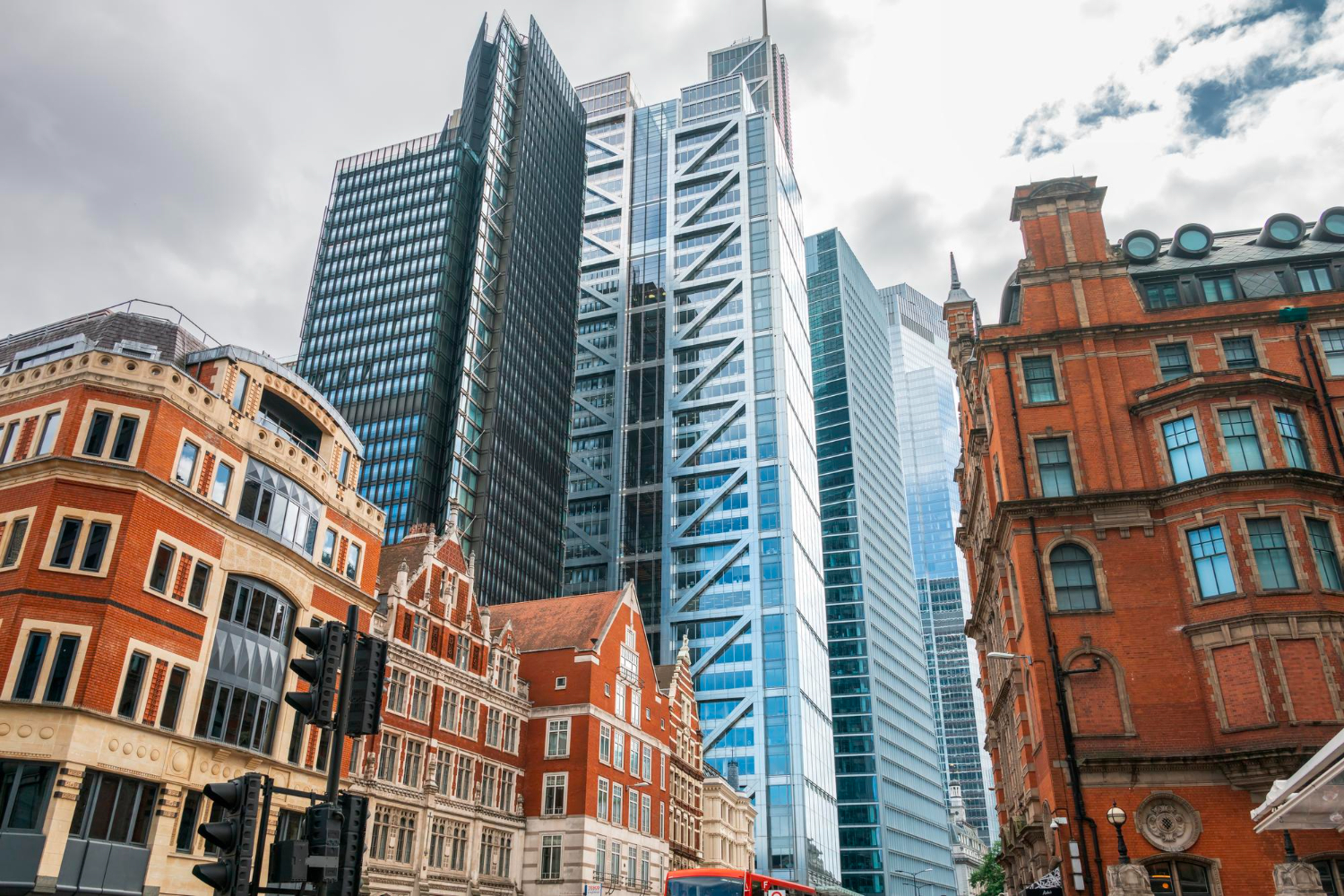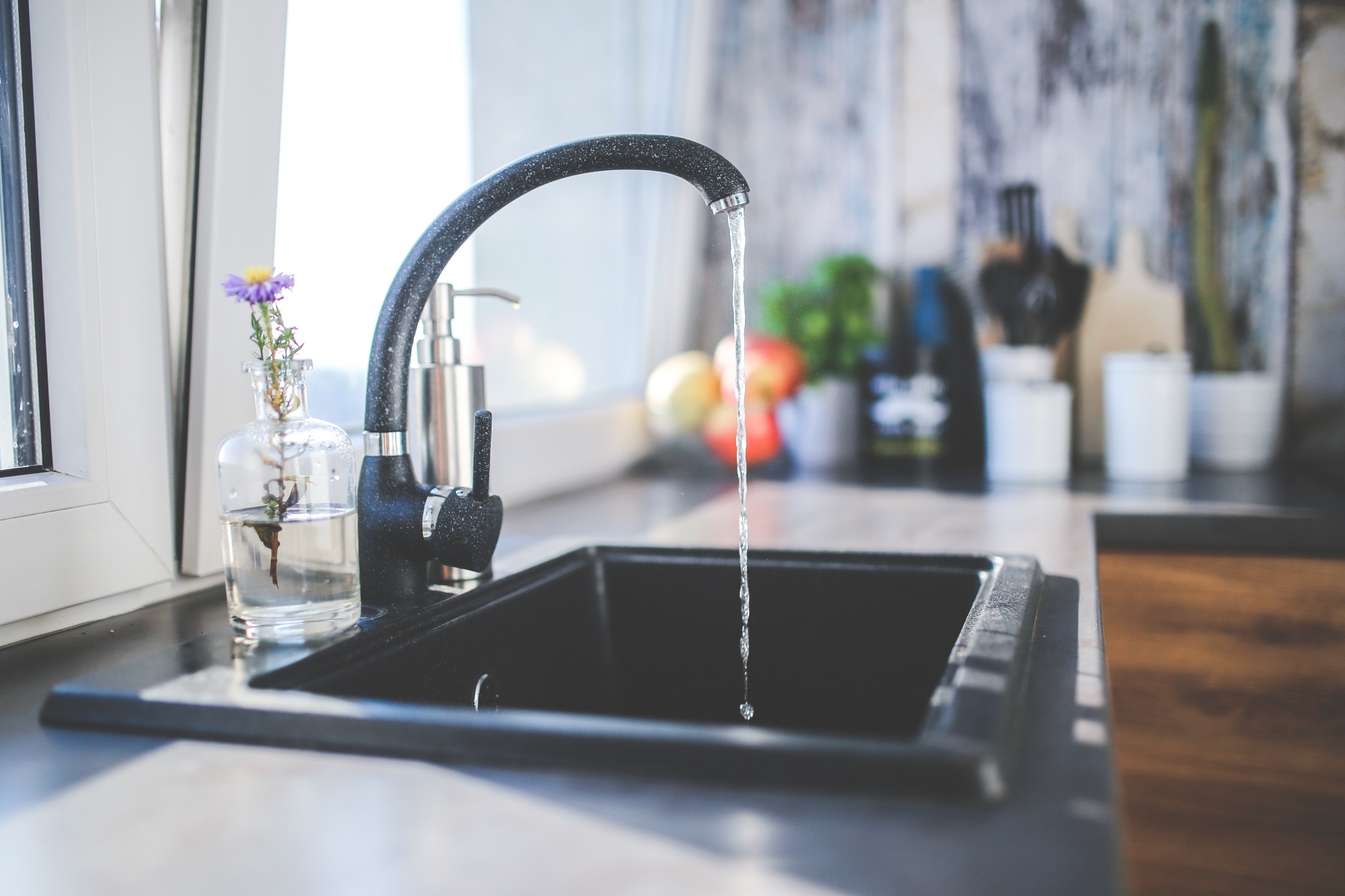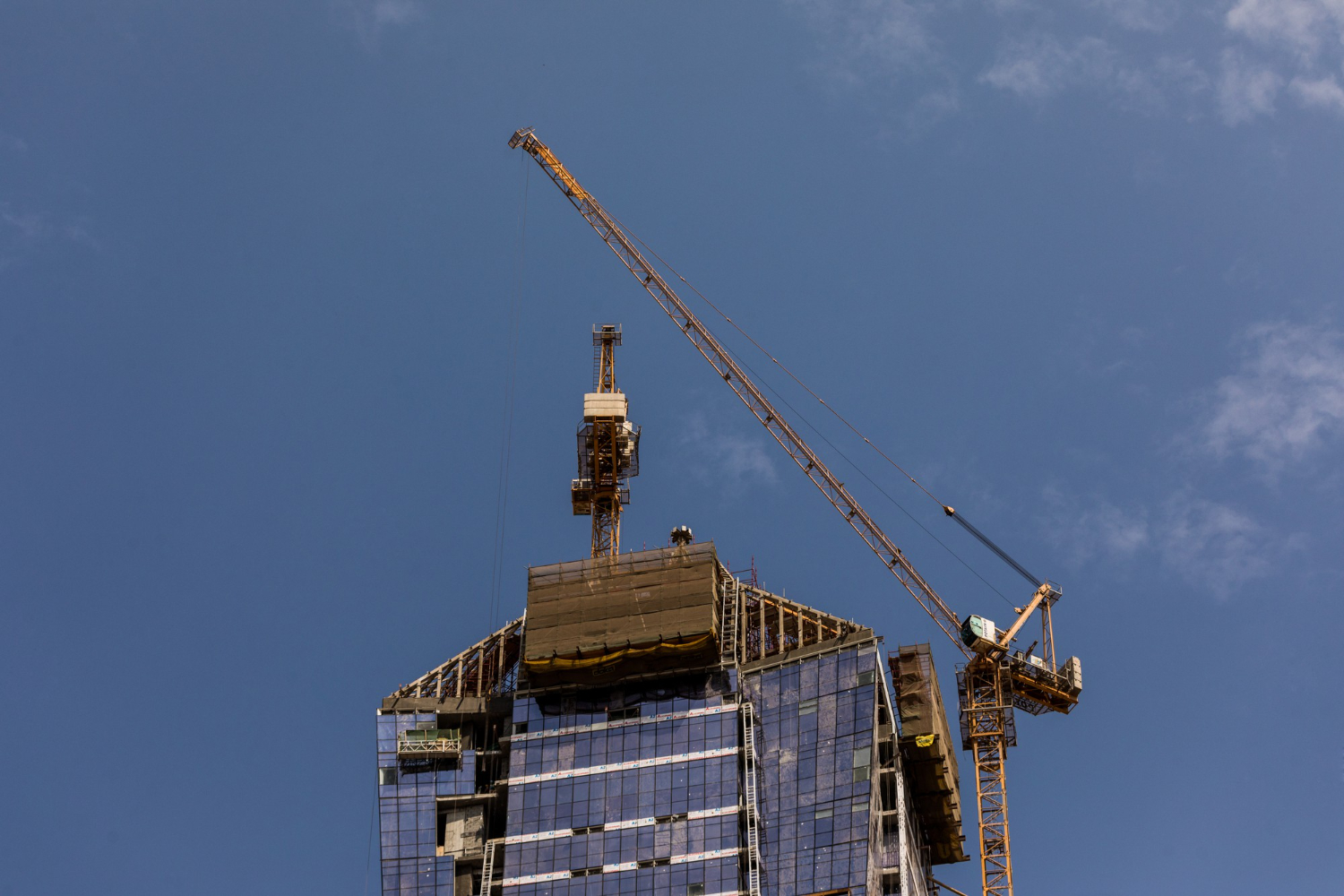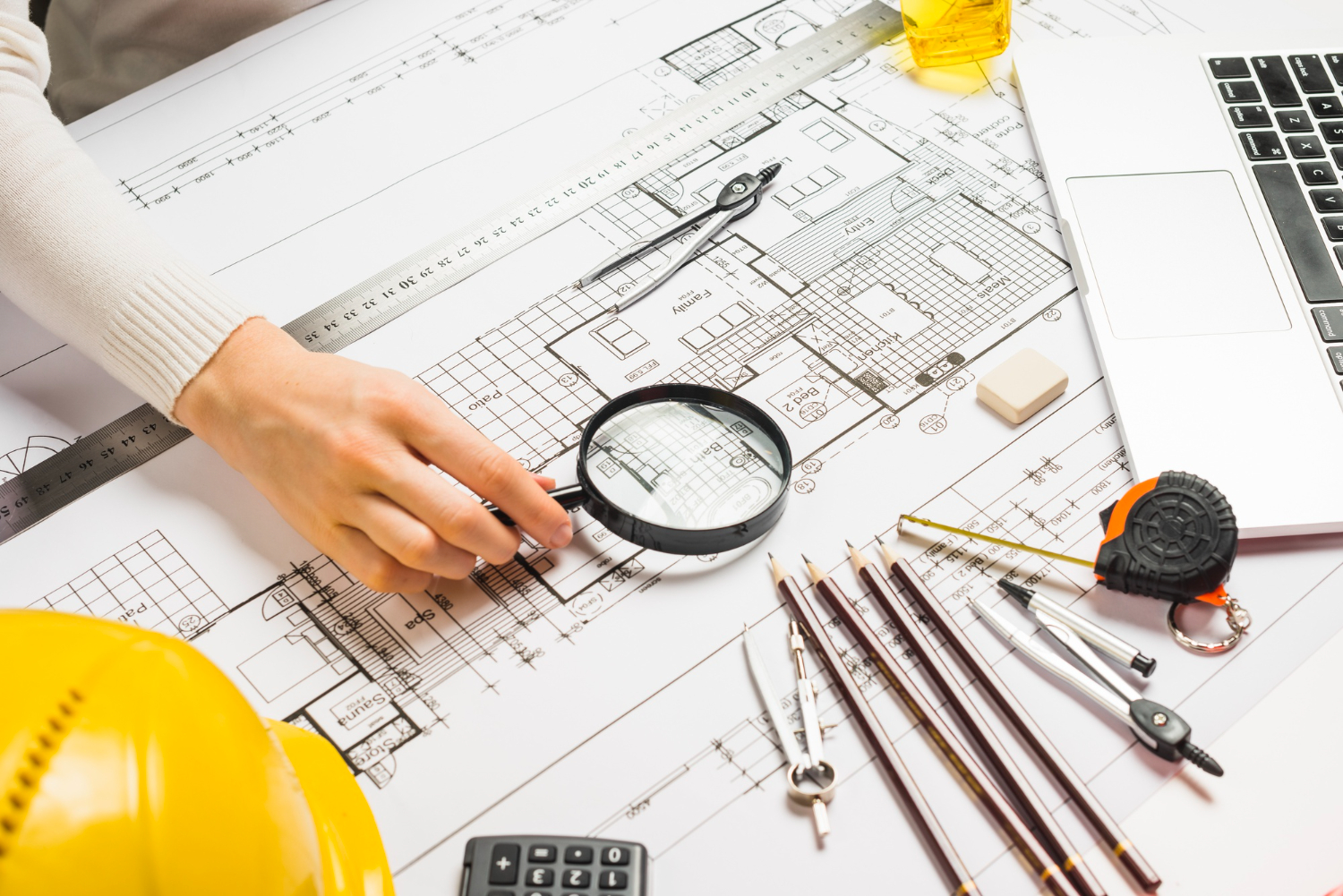

In towns and cities across the United Kingdom, developers are turning to energy centres as an alternative to standalone boilers to deliver electricity and hot water to their tenants.
Both residential blocks and commercial properties can benefit from energy centres, offering a cost-effective and centralised heating method. Below, we’ve rounded up some of the most commonly asked questions about energy centres and shared our answers.
What is an energy centre?
Let’s start with the big one. Energy centres offer an efficient way of generating and supplying heat to homes and businesses from one centralised location. They use a mix of low-carbon technologies and replace the need for installing and maintaining individual domestic boilers in each dwelling, potentially saving your business tens of thousands of pounds per year. They supply heat and hot water to homes and businesses through utility cupboards, which distribute the energy.
Are they better for efficiency?
One of the reasons many developers favour them over traditional boilers is that they reduce energy consumption and carbon emissions and can also cut energy costs for tenants and property managers. Centralising energy management means that maintenance costs are reduced significantly, and because there’s increased control of capital equipment, there’s far less wear and tear.
To respond to our warming climate, it’s also possible to incorporate water chillers and air conditioning into an energy centre in a way that can capture waste energy, making the system even more energy efficient and lowering costs.
How can they be maintained?
To maximise energy efficiency and cost savings, energy centres should be properly maintained by an experienced and professional team, such as Balance Mechanical. This will ensure that the network continues to deliver heat and hot water for its entire lifespan and keep downtime to a minimum. A good energy centre will have quality control systems to ensure leaks and bursts don’t happen, and user disruption can be minimised.
At Balance Mechanical, we have a robust process in place when installing and maintaining an energy centre to ensure the required due diligence is carried out and set-up is in place and compliant. Failing to maintain your energy centre properly could result in severe issues and lead to expensive repair costs, so make it a priority when installing your energy centre.
Which energy sources are required?
Many energy centres are designed for more than one source to allow the manager to vary sources depending on demand and value for money. During these times of high gas prices, this can be a precious tool for businesses, allowing them to control their costs better. Energy sources suitable for energy centres include gas-fired boilers, heat pumps, biomass boilers, oil-fired boilers, and combined heat and power units.
How are energy centres controlled?
Energy centres have a control system which offers the operator control over sources, usage, and more. Remote access is often available, so operators can easily manage their energy centres from anywhere in the world. It’s worth having a company on board to maintain your energy centre on your behalf to ensure safe, efficient, and compliant running.
Where can energy centres be installed?
Virtually all buildings can benefit from energy centres, dependent on space and demand requirements. From commercial buildings and apartment blocks to industrial factories, schools, shopping centres and hospitals and everything in between.
Are they loud?
A common misconception is that energy centres are loud. The good news is, they don’t generate a lot of noise compared to background levels; in cases where buildings require silence, such as in hospitality and entertainment, acoustic insulation can be installed.
Reach out to the team at Balance Mechanical today to see how we could help you.




